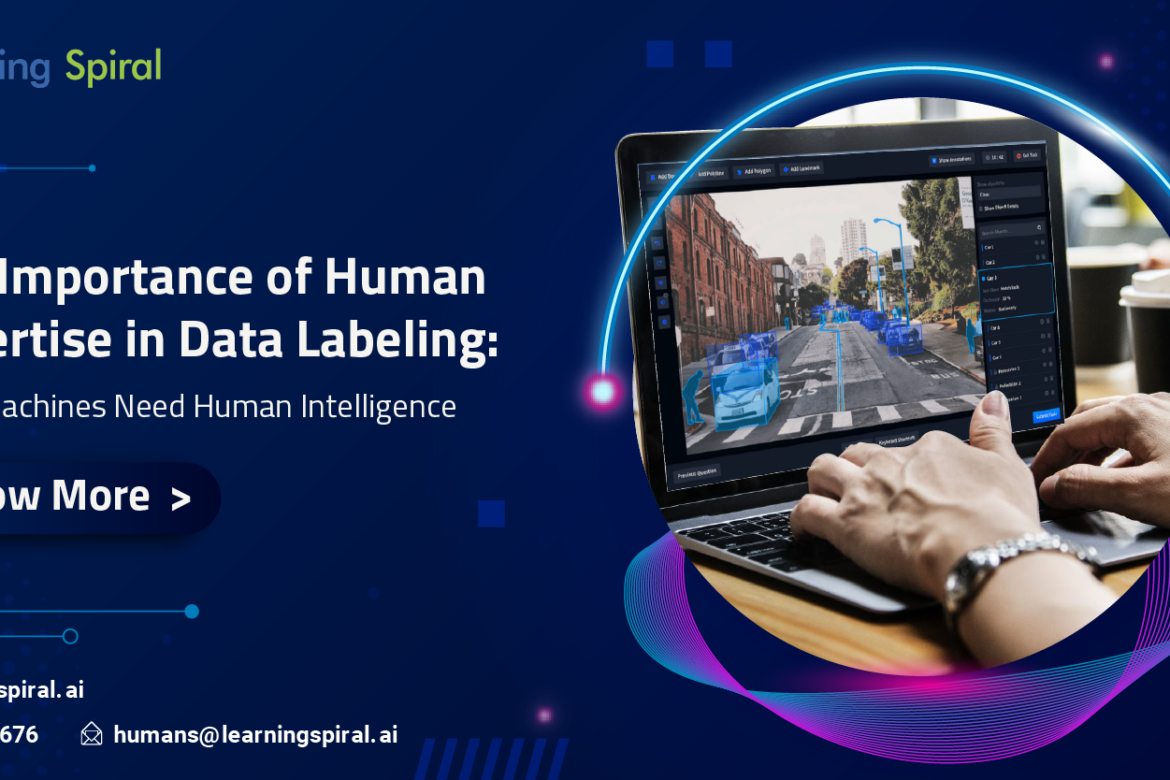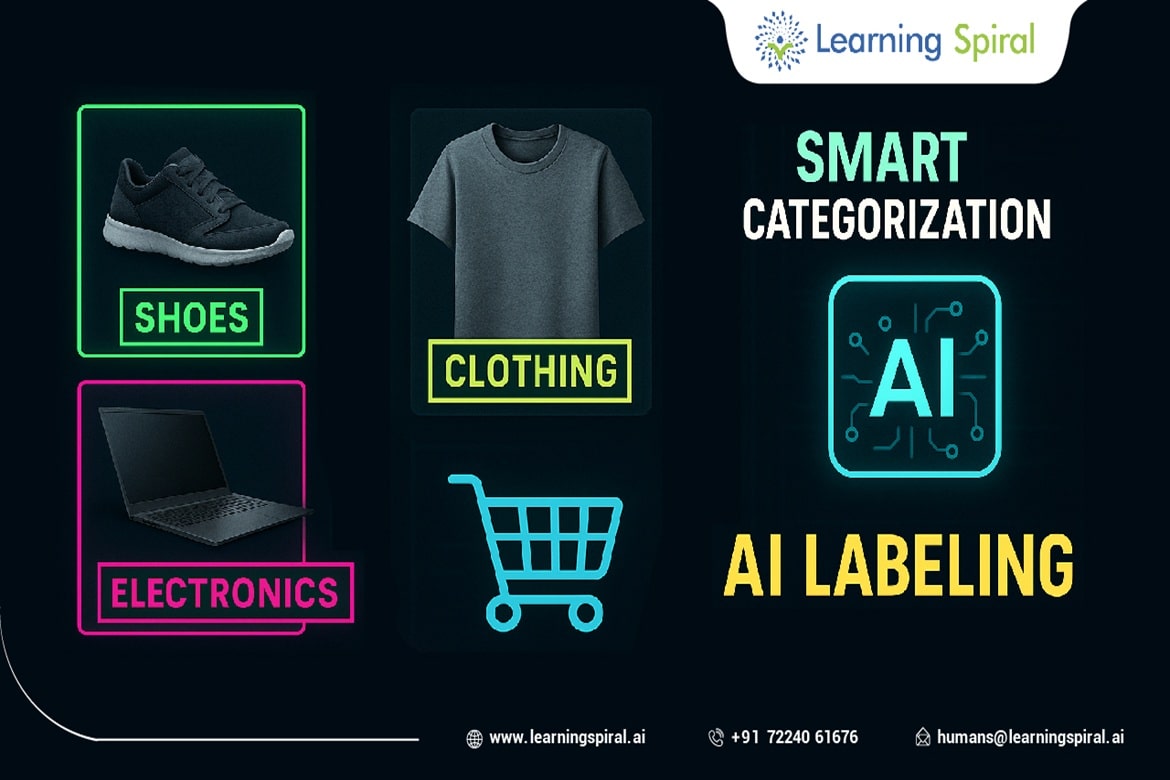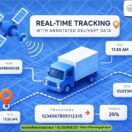In the age of AI, data is king. But raw data is just a jumbled collection of 1s and 0s. To unlock its true potential and train effective AI models, one needs data labeling. Data labeling refers to the process of attaching meaningful tags or classifications to each data point.
Here’s where human expertise shines. While advancements in automation are enticing, human intelligence remains paramount in ensuring high-quality data labeling.
The foundation of AI’s learning lies in supervised learning models. These models are trained on labeled datasets, where each data point has a corresponding label. Imagine an AI designed to recognize cats in images. The training data would consist of pictures labeled as “cat” or “not cat.” The quality of these labels directly impacts the model’s performance. Inaccurate or inconsistent labels can lead to biased or unreliable AI systems.

Importance of Human Expertise in AI Labeling
This is where human expertise comes in. Humans bring several crucial advantages to data labeling:
- Domain Knowledge:
Certain data requires specialized understanding. For instance, labeling medical images for disease detection benefits immensely from the expertise of radiologists who can identify subtle anomalies. Their domain knowledge allows them to interpret ambiguous cases and ensure accurate labeling.
- Understanding Context and Nuance:
Language, in particular, is full of subtleties. Sarcasm, slang, and cultural references can easily trip up automated labeling tools. Human annotators, however, can grasp the context and intent behind words, leading to more accurate sentiment analysis or text classification.
- Handling Edge Cases:
Real-world data is messy, and unexpected scenarios are bound to arise. Automated labeling systems might struggle with these edge cases. Humans, however, can adapt and provide labels for unforeseen situations, ensuring the model’s ability to generalize effectively.
- Flexibility and Quality Control:
Human-in-the-loop labeling allows for real-time adjustments and quality checks. If labeling guidelines need to change or unexpected biases emerge, human oversight can ensure data quality remains high.
- Accountability and Trust:
When an AI system makes a critical decision, understanding the reasoning behind it is vital. Human-labeled data provides a clear audit trail, allowing us to track how the model arrived at its conclusion and fostering greater trust in AI systems.
Factors to Take Care of While Labeling Data
While automation has a role to play in data labeling, it’s important to remember its limitations. Automated tools can be helpful for speeding up tedious tasks or pre-labeling data for human verification. However, they often struggle with complex data or nuanced concepts.
The future of data labeling lies in a collaborative approach. AI-assisted labeling tools can streamline repetitive tasks, freeing up human annotators to focus on complex data and edge cases. This human-machine collaboration ensures efficient and accurate labeling, ultimately leading to better AI models.
In conclusion, data labeling is the cornerstone of successful AI development. While automation offers efficiency gains, human expertise remains irreplaceable. By leveraging domain knowledge, contextual understanding, and the ability to handle complexities, human intelligence ensures the quality and reliability of data labeling, paving the way for trustworthy and effective AI applications.






